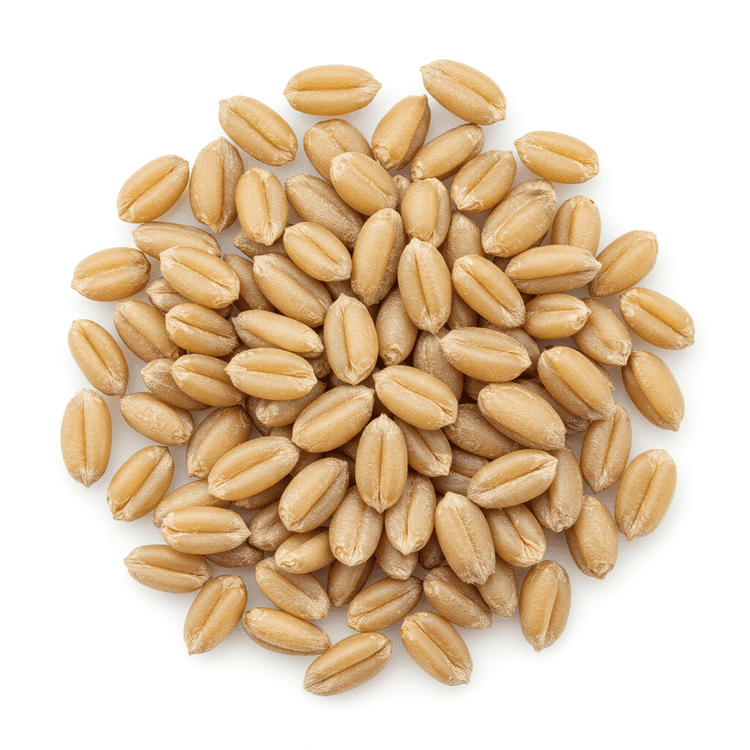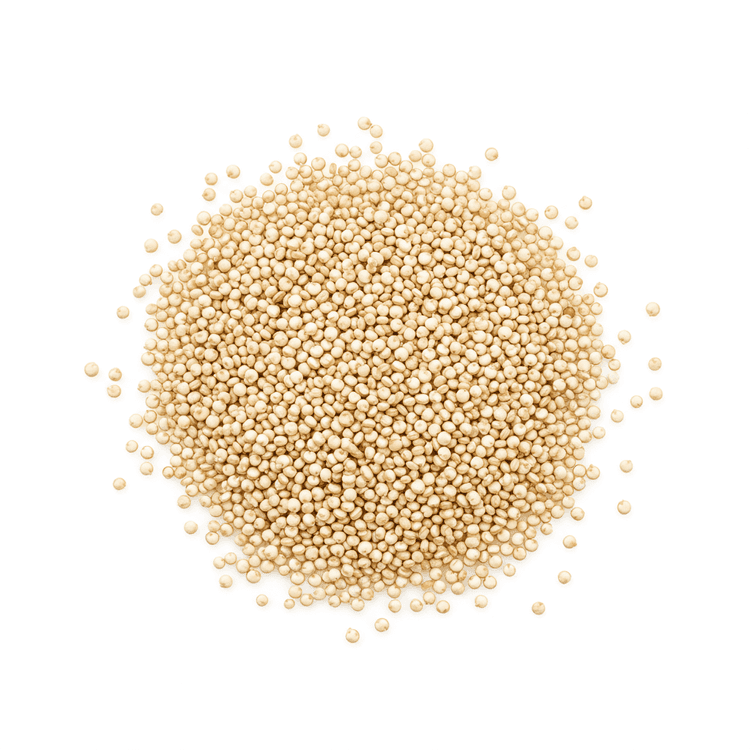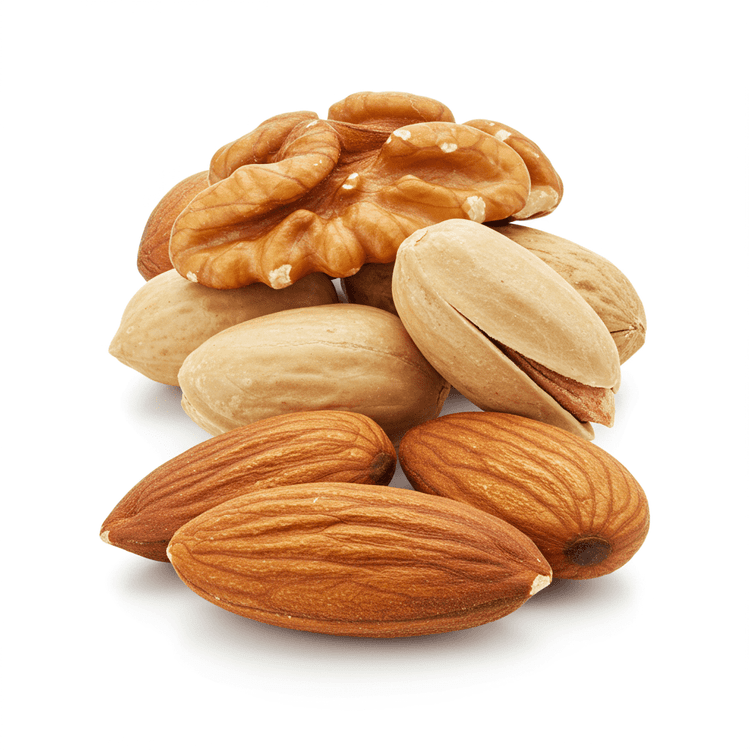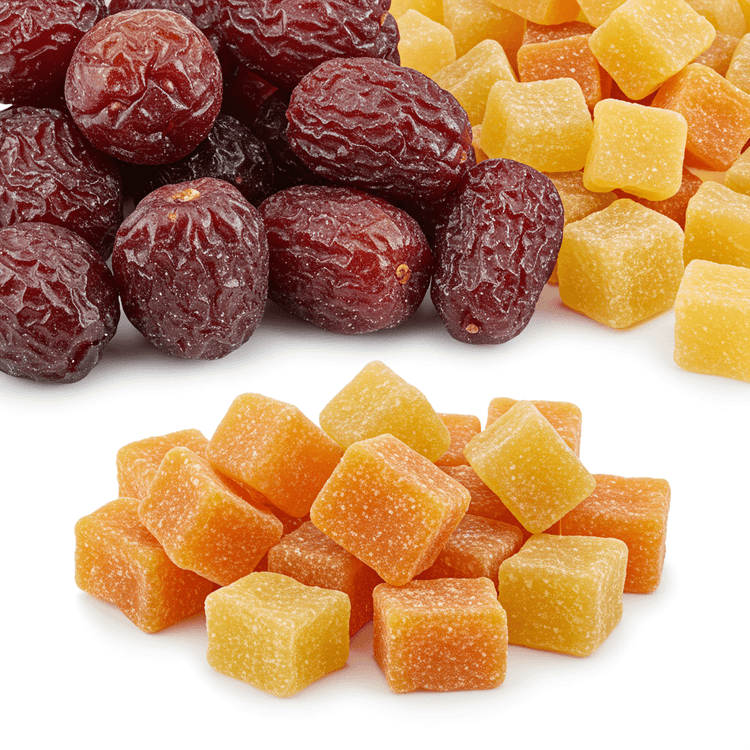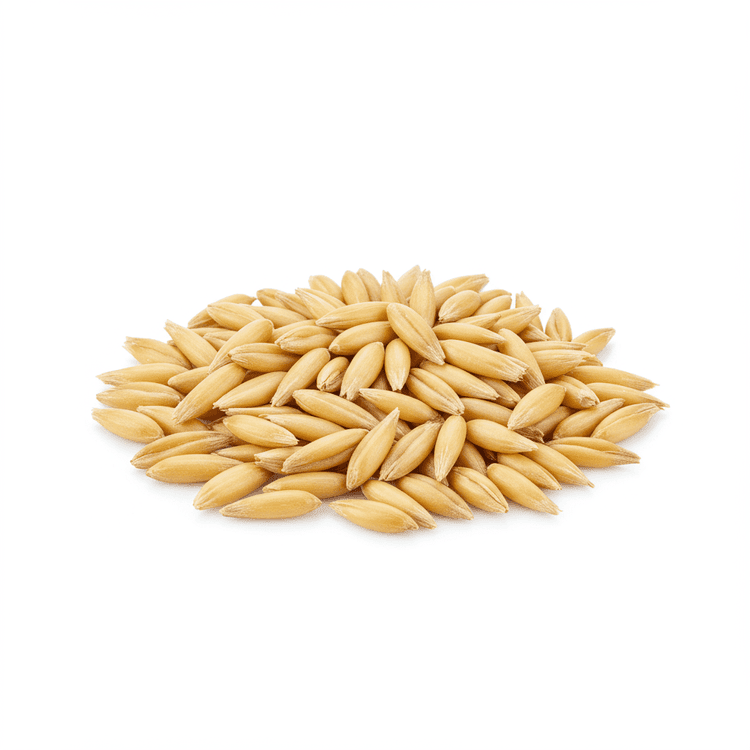
Seed
Seeds are a nutritional powerhouse, offering a diverse range of flavors, textures, and uses in the kitchen. These tiny powerhouses come in various forms, from the nutty and slightly bitter flavor of sesame seeds to the subtly sweet and crunchy sunflower seeds. Seed textures range from the delicate poppy seeds to the more substantial and satisfying pumpkin seeds. Their appearance varies greatly depending on the type; some are small and dark, while others are larger and lighter in color. Seeds are a versatile ingredient and a great way to add healthy fats, fiber, and protein to your diet. Exploring different seeds will unlock a world of culinary possibilities.
Common Uses
- Add sunflower seeds to your morning granola or sprinkle them on yogurt for added crunch and a boost of vitamin E. They provide a mild, nutty flavor and satisfying texture.- Toast sesame seeds lightly to enhance their nutty aroma and use them as a topping for stir-fries, salads, or sushi rolls. Black sesame seeds add a beautiful visual contrast.- Incorporate pumpkin seeds (pepitas) into homemade pesto for a unique flavor profile or roast them with spices for a savory snack. Their slightly sweet and earthy taste complements many dishes.- Use flax seeds as a binding agent in vegan baking or add them to smoothies for their Omega-3 fatty acids and fiber content. Ground flaxseed meal is best for improved digestion and nutrient absorption.- Sprinkle chia seeds into your oatmeal, pudding, or yogurt. They absorb liquid and create a gel-like consistency, adding hydration and a boost of fiber.- Hemp seeds, with their mild, nutty flavor, can be added to salads, smoothies, or sprinkled over cooked dishes for an extra dose of protein and essential fatty acids.
Nutrition (per serving)
Nutrition (per serving)
Calories
584.0kcal (29.2%)
Protein
21.1g (42.3%)
Carbs
10.7g (3.89%)
Sugars
1.4g (2.8%)
Healthy Fat
38.5g
Unhealthy Fat
4.5g
% Daily Value based on a 2000 calorie diet
Nutrition (per serving)
Calories
584.0kcal (29.2%)
Protein
21.1g (42.3%)
Carbs
10.7g (3.89%)
Sugars
1.4g (2.8%)
Healthy Fat
38.5g
Unhealthy Fat
4.5g
% Daily Value based on a 2000 calorie diet
Health Benefits
- Excellent source of plant-based protein, crucial for muscle building and repair.
- Rich in healthy fats, including omega-3 and omega-6 fatty acids, supporting heart health.
- High in fiber, aiding digestion, promoting gut health, and helping to regulate blood sugar levels.
- Packed with essential vitamins and minerals like magnesium, zinc, and iron, contributing to overall well-being.
- Contains antioxidants that help protect the body against cellular damage from free radicals.
- May help lower cholesterol levels due to the presence of phytosterols.
Chefadora AI is here.
Experience smarter, stress-free cooking.
Storage Tips
To maximize the shelf life of seeds, store them in an airtight container in a cool, dark, and dry place. Many seeds can be stored at room temperature for several months. Refrigeration can extend their freshness even further, especially for oilier seeds like flax or chia. Freezing is also an option for long-term storage, preserving their quality for up to a year. Be sure the container is tightly sealed to prevent moisture absorption and freezer burn.
Marnirni-apinthi Building, Lot Fourteen,
North Terrace, Adelaide, South Australia, 5000
Australia
